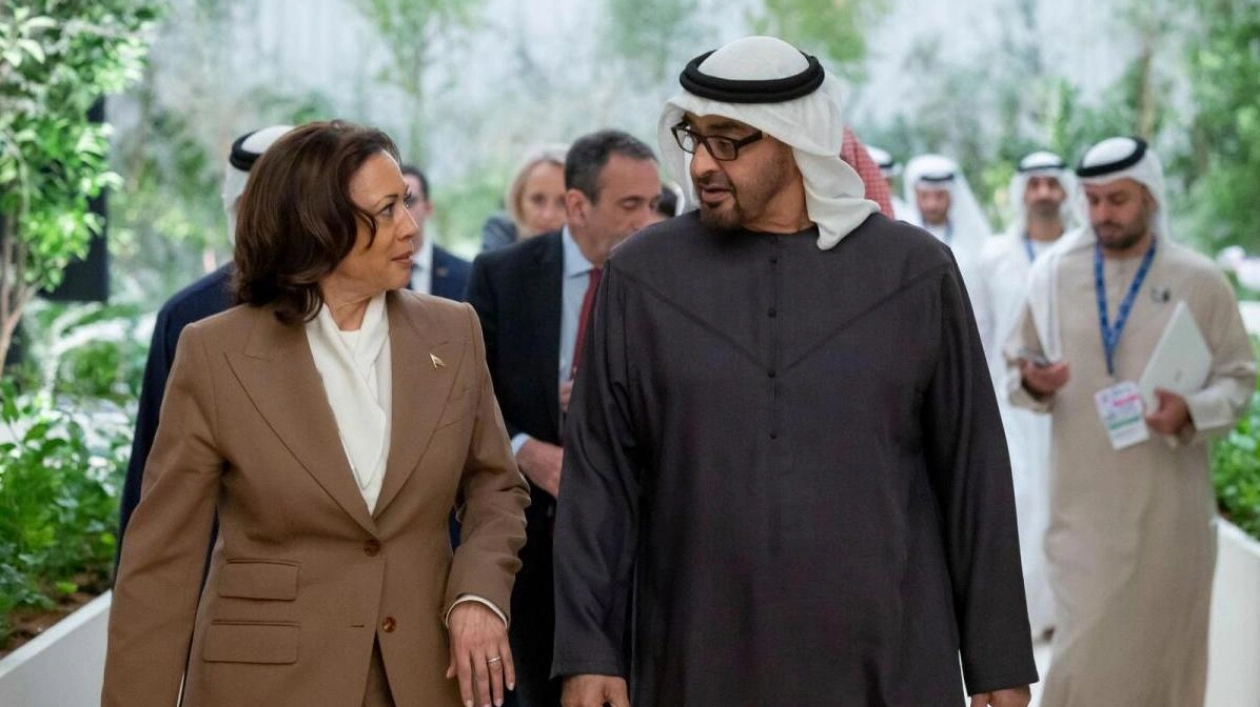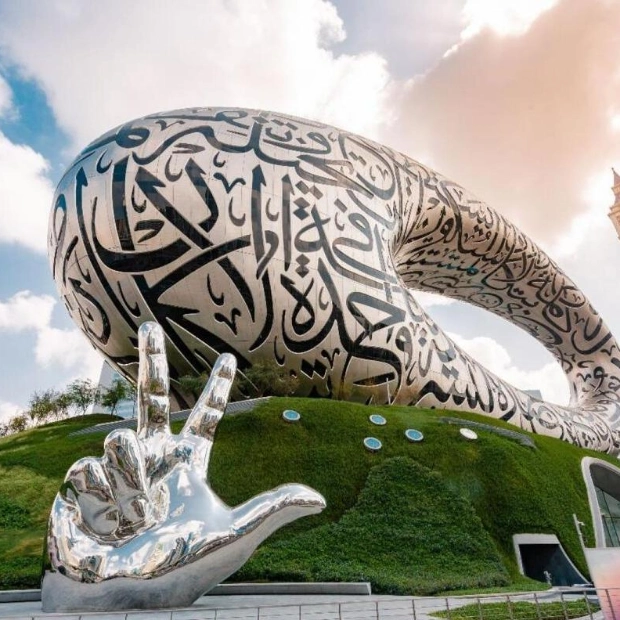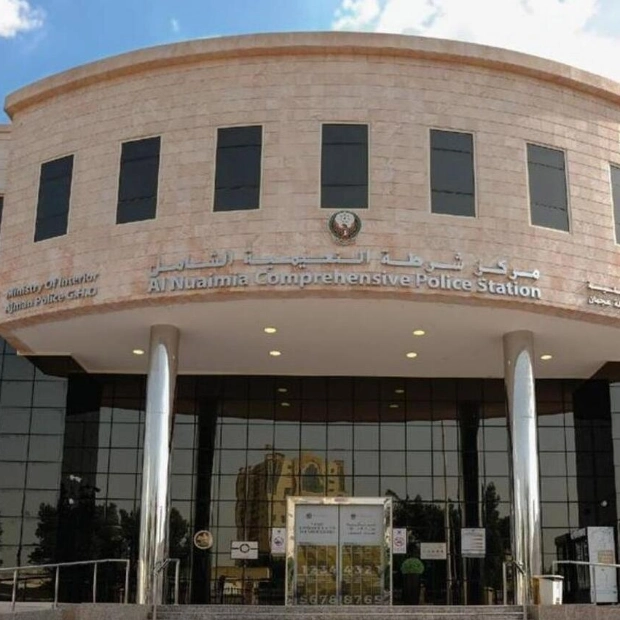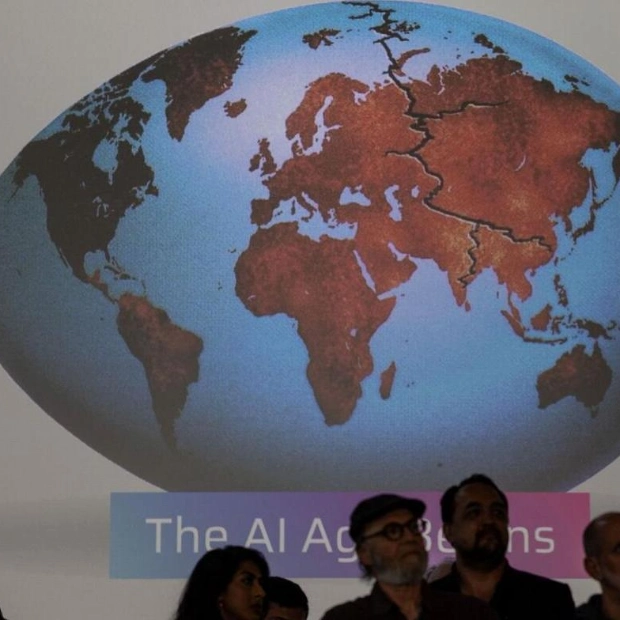If Kamala Harris is elected to the White House, she is expected to take a more active role in resolving humanitarian crises in conflict zones in the Middle East, according to political analysts in the UAE. This prediction follows US President Joe Biden's withdrawal from the re-election race, with Kamala Harris widely anticipated to be the Democratic Party's nominee. Experts in the UAE emphasize the country's significant role in counterterrorism, regional stability, and security. They anticipate that Harris will strengthen this strategic partnership, enhancing defense and intelligence collaboration.
Dr. Kristian Alexander, a Senior Fellow and Lead Researcher at the Rabdan Security & Defense Institute (RSDI) in Abu Dhabi, noted that the UAE is a crucial partner in counterterrorism efforts, regional stability, and security. He believes Harris will maintain and possibly deepen this strategic relationship, continuing strong defense and intelligence cooperation. Under a Harris administration, the continuation of military sales and joint exercises is expected, ensuring the UAE remains well-equipped to counter regional threats and contribute to collective security initiatives.
Alexander also highlighted that Harris might prioritize expanding economic ties with the UAE, focusing on sectors such as technology, renewable energy, and infrastructure. This aligns with her broader policy goals of fostering sustainable economic growth and innovation. Strengthening existing trade agreements and exploring new ones could enhance bilateral trade and investment flows between the two nations.
Notably, during COP 28 in December 2023, Harris visited Dubai and reaffirmed the United States' commitment to leading the fight against the climate crisis. She announced a new $3 billion pledge to the Green Climate Fund, supporting developing countries in investing in resilience, clean energy, and nature-based solutions. President Sheikh Mohamed discussed various issues with her, including cooperation in renewable energy and sustainable development.
Experts also discussed Harris's stance on the Israel-Palestine conflict, highlighting her previous discussions with the UAE leadership on regional and international issues. Dr. Sonakshi Ruhela noted it will be interesting to see how Harris advances the partnership with the UAE to address complex policy and political challenges. Harris has expressed strong views on the ongoing conflicts in the region, including those in Yemen and Syria, and is likely to play a more active role in ending the humanitarian crises in the conflict zones in the Middle East.
Others concur that Harris's potential foreign policy towards the Middle East seems to be driven by a balanced approach, seeking to maintain traditional alliances while addressing humanitarian concerns and promoting diplomatic solutions. Her stance suggests a possible evolution in US policy towards a more nuanced and humanitarian-focused approach, particularly regarding the Israeli-Palestinian conflict and engagement with Iran.
Political pundits in the country highlighted that Joe Biden has endorsed Kamala Harris for the post as Democrat candidate, with former US Secretary of State Hillary Clinton's endorsement further boosting her chances. Clinton's support carries significant weight as she aims to see a woman break the 'glass ceiling' to reach the highest political post in the country. Shamshad A. Khan, Assistant Professor, International Relations (IR), BITS Pilani Dubai Campus, UAE, noted that Harris's winnability will depend on her choice for the post of Vice President.
Harris's mixed lineage, including her Indian and Jamaican heritage, could appeal to a broader audience, including the younger demographic and communities of color. However, the Indian diaspora in America may face a dilemma, as Trump's VP nominee, JD Vance, also has Indian roots. Trump's deep connection with Indian-Americans, especially the business community, and the recent assassination attempt on him have galvanized Republican support, making the outcome uncertain.






